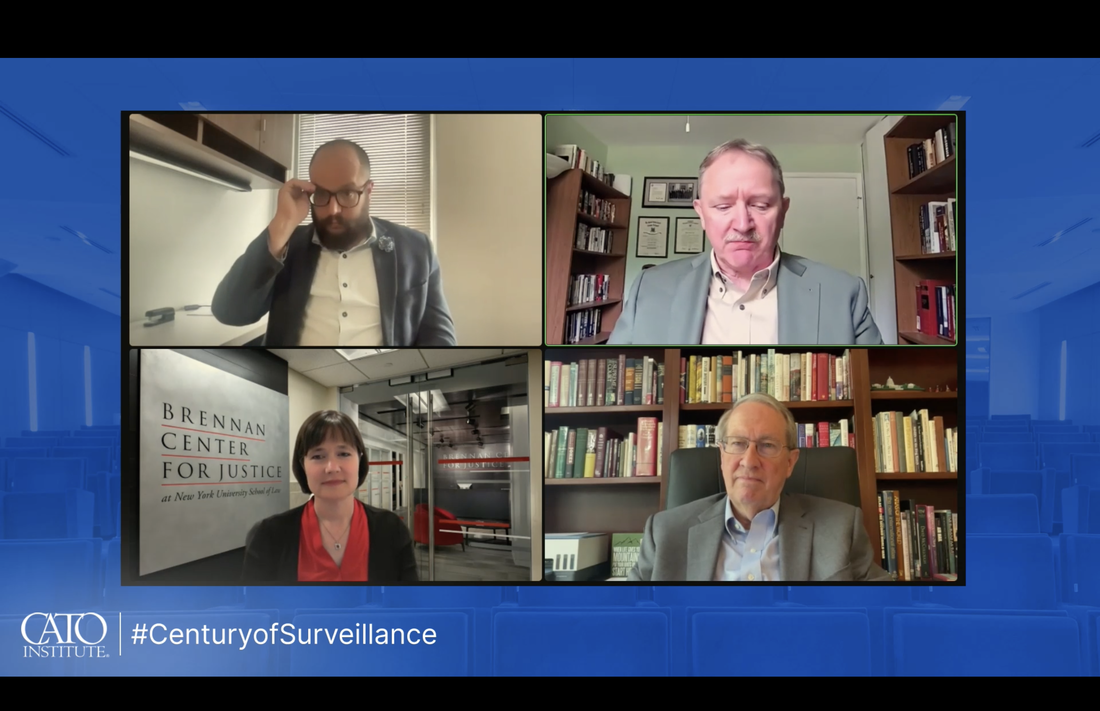Four Surveillance Experts Explain Ever wonder why Congress doesn’t do a better job of oversight of the intelligence community and its vast, unaccountable surveillance system that spies on us?
The answer, says Bob Goodlatte, former chairman of the House Judiciary Committee and PPSA Senior Policy Advisor, is that the security clearances held by Members are meaningless if the executive branch restricts what they are allowed to see. And some Members have become too close to the agencies they are tasked with overseeing to do their job objectively. Another factor in weakening Congressional oversight is that many Members of Congress are deeply reliant on staff to dig into intelligence reports, analyze what they are reading, and come away with critical insights into the surveillance activities of U.S. federal intelligence and law enforcement agencies. In the House, most Members do not even have staffers with high levels of security clearance to perform this function. Thus, free of strong Congressional oversight, federal agencies “spy first, ask for forgiveness later,” says Jake Laperruque of the Center for Democracy and Technology. As a result, Laperruque says, “violations are epic in scale.” When federal agencies are caught stretching or breaking the laws they respond with a charade of addressing rule-breaking with tighter rules. Thus, Laperruque adds, agencies follow a tried-and-true formula of “violate, tweak rules, repeat.” These are just some of the nuggets from an hour-long conversation between Goodlatte, Laperruque, Liza Goitein of the Brennan Center for Justice, in a discussion moderated by Cato Institute senior fellow, Patrick Eddington. Watch and you will learn about the origins of foreign surveillance authorities used by agencies to spy on Americans, as well as why Bob Goodlatte believes that simply allowing one of them, Section 702, to expire would be a mistake. (Go to 36:00 mark). Comments are closed.
|
Categories
All
|


 RSS Feed
RSS Feed